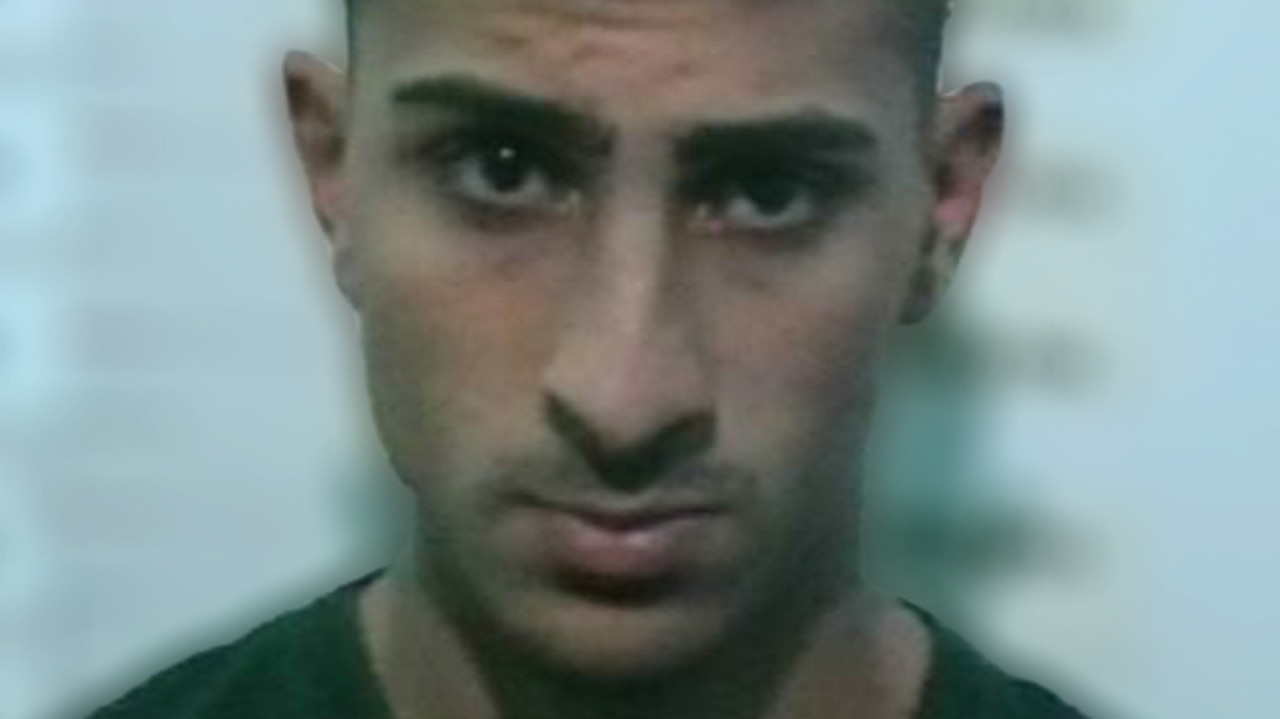ISIS out to prove it’s a force to be reckoned with
Saturday’s arrests in Sydney are a sobering reminder that Islamist militants retain their appetite for violence.

Islamic State must inflict a catastrophic attack on the West in order to counter the notion that the collapse of its Syrian caliphate equates to the collapse of Islamic State ideology.
Saturday’s arrests in Sydney are a sobering reminder that despite the recent spate of primitive, easy to plan terrorist attacks both here and overseas, Islamist militants retain their appetite for mass-casualty violence.
The suggestion has been made that as Islamic State’s fortunes fade, as its caliphate diminishes and collapses, as its soldiers flee or are killed by advancing forces, ISIS will increase its attacks against the West.
This is seen as a means of demonstrating strength to its legions of followers around the world. Islamic State’s Salafist ideology is essentially the same as al Qa’ida’s, or that of any other Sunni terrorist group. Its point of difference was its success in Syria. Absent that and it’s one of the crowd.
This is all true, although we should be careful not to make too much of it. ISIS doesn’t need strategic reasons to murder unbelievers — it just needs unbelievers.
But now more than ever ISIS needs to keep killing if it hopes to remain a viable movement.
The alleged plot on Saturday is therefore a frightening portent of the kind of operation Australians can expect to confront for years to come. Inspired and directed by Islamist radicals overseas, four Lebanese Australians allegedly conspired to build a device capable of bringing down a commercial jet by incapacitating all aboard with deadly gases.
Had it been successful the alleged plot would have been the most devastating act of terrorism ever inflicted on Australians. That it was not is owing primarily to two factors: tough laws that allow police to intervene early in the life cycle of a plot without compromising the evidence-gathering process, and the expansion of surveillance powers available.
Police used powers available to them under the Terrorism Police Powers Act to conduct last-minute searches without a judicial warrant. And last night detectives were preparing an application to detain the four men without charge as they built their case.
In other words, the two most controversial elements of our counter-terrorism response were, in this instance at least, our salvation.







To join the conversation, please log in. Don't have an account? Register
Join the conversation, you are commenting as Logout